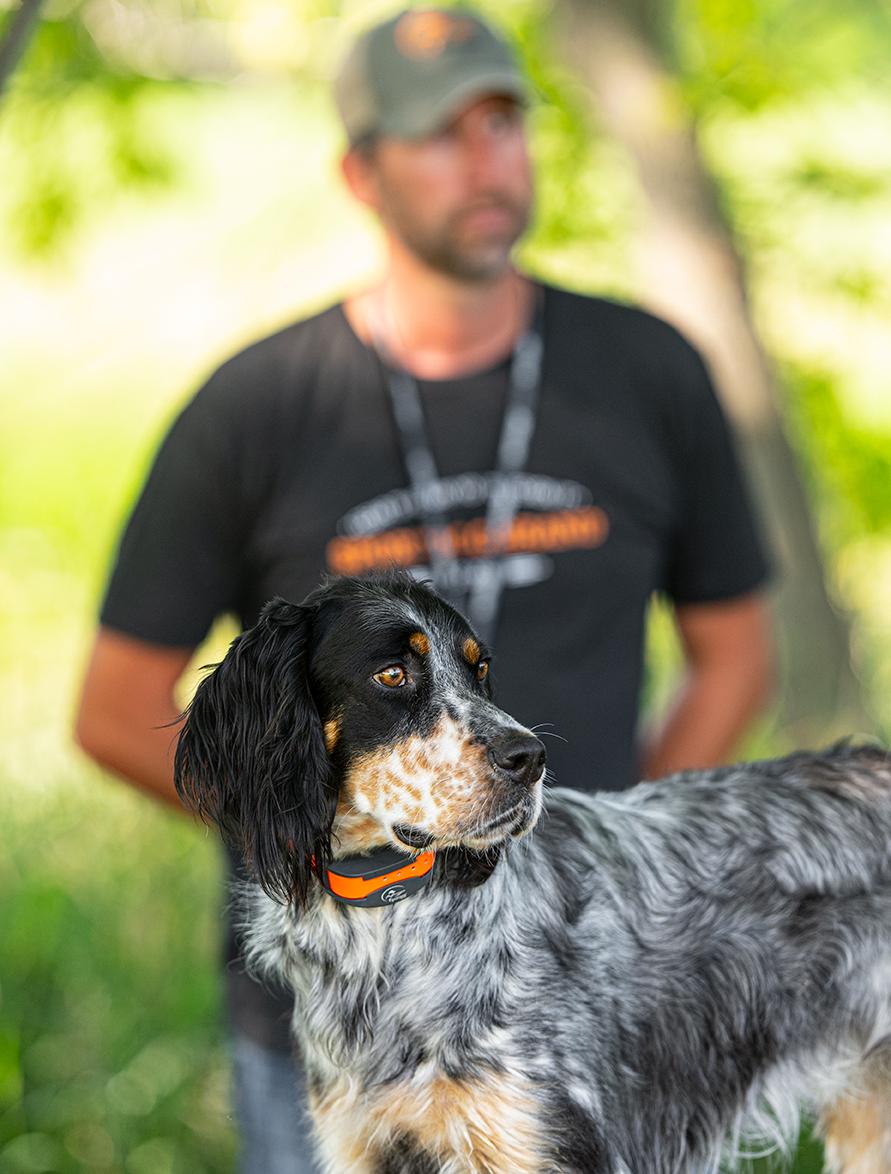
Working with Different Dogs
Posted by Tom KeerI’m a setter man. I’ve owned Irish setters and English setters, and some day I’ll probably own a Gordon setter. I like the way they hunt with their heads held high, their energy, and their biddable natures. Setters like people, and even better than that they like having a job to do. Yeah, they’re a little bit sensitive, and while I admire other bird dogs I probably won’t own one. Why? ‘Cause I’m a setter man.
Most of my friends run other breeds. One, for instance, is a die-hard pointer enthusiast. Another is a shorthair aficionado. Another favours Griffons. And another has Brits. None of them will likely own a setter or any other breed for that matter, and that’s fine. The real fun for me comes when we hunt and train all of these different breeds because I learn something new every time.
My mate’s pointers are well-oiled machines. They are durable, precise, and indefatigable in the field. My mate’s commands are designed around his dogs: they are sharp, crisp and to the point. He does not mince his words, he trains with a firm hand, and he is always one step ahead of them. His dogs work with a surgeon’s precision. They scour the uplands leaving no birds behind. Sometimes they’ll get the itch to air it out, to really stretch their legs and open it up. During those times he’ll shift to a field hunt for pheasant or quail and give them some running room. I study his methodologies and incorporate some of his techniques into training my own dogs.
The shorthairs are a funny lot. They are clever and bold and if I had to say so they’re independent. They like people but they love to be challenged. My friend has developed a progressive training routine in which she regularly ups the stakes. A great training companion for the shorthair is the pointer; theirs is a natural competitiveness that heightens both dogs’ intensity. Sometimes the shorthairs want to soak their webbed feet in the water and that’s an important part of the training routine. To hold her dogs’ attention my friend mixes field work with a periodic splash. The transition from casting in the woods for woodcock to blind retrieves on ducks brings out their very best, and during the hunting season she’ll routinely change gears from the uplands to the marsh. A constant challenge is important and I make sure to use that approach on my setters.
Springers are keen to please, quick to learn, and willing to obey. They’re natural retrievers with gentle mouths, and my mate had no trouble training his dogs to fetch to hand. His dogs quarter well but he did need to spend some time on the positive flush. When they were young they hesitated when they found birds, and regular practice with pigeons and spring woodcock helped them learn the difference between foot and body scent. And since they’re dogs with a strong desire to please, my pointer friend had to learn to ease off a bit on his handling.
Every handler has a breed that simply steals his or her heart, and setters stole mine. But working with different breeds helps me improve my own training. And it helps others with theirs. Our training routines are a team effort, an interesting one that enables each of us to elevate our dogs’ levels of play. We are all better for it, and in the end, that’s what matters.
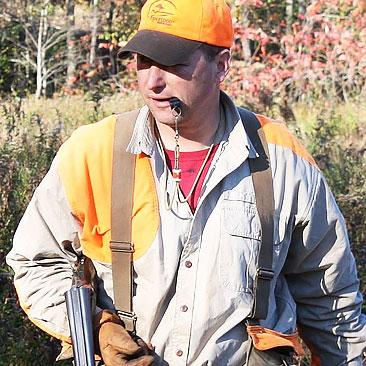
Tom Keer
Tom Keer is an award-winning writer, columnist and blogger who regularly writes for over a dozen outdoor magazines. He owns The Keer Group, a full-service, outdoor marketing company and hunts and fishes with his wife and children. Don't hold it against him, but he's a setter chap. Visit him at...
Related Articles
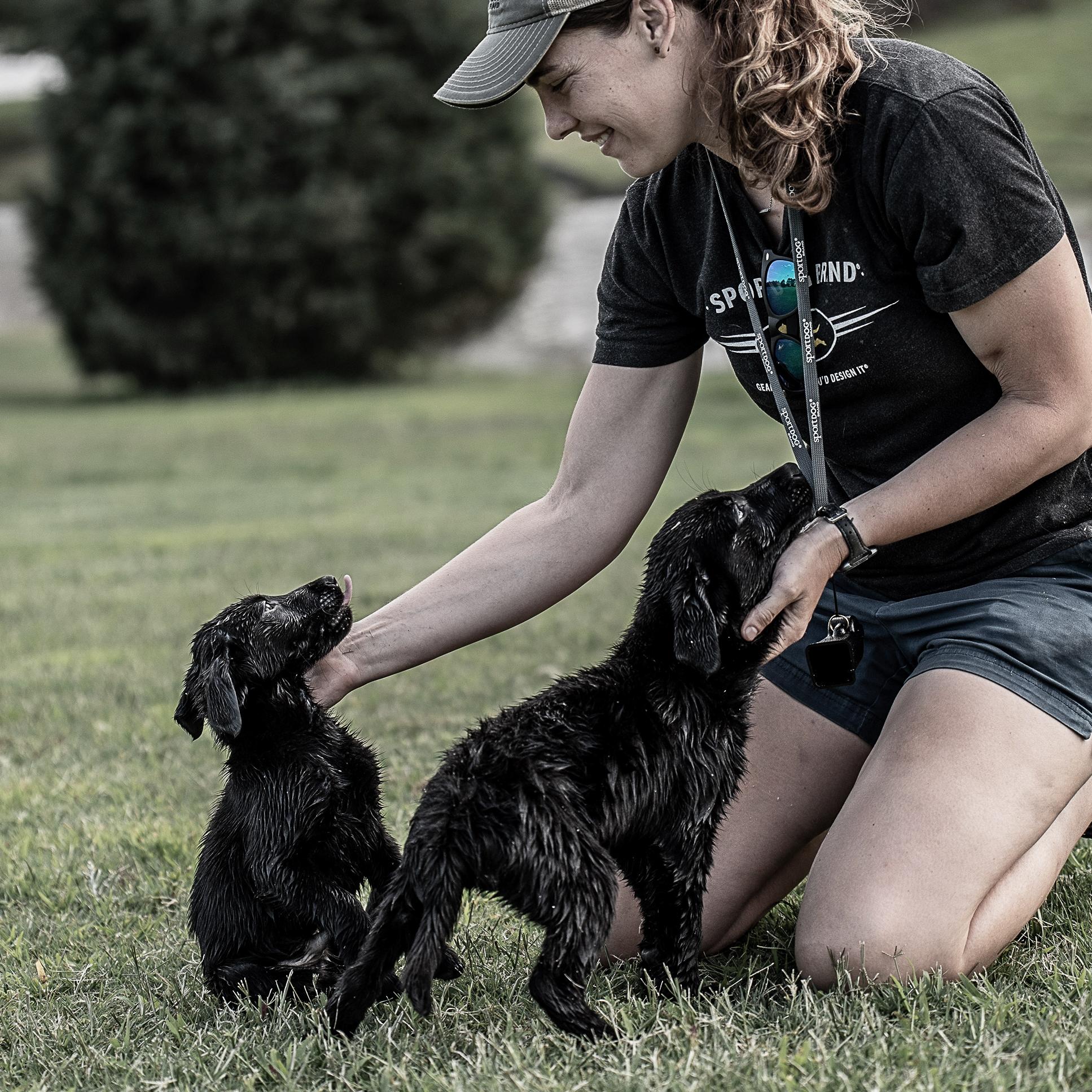
Where to Find a Dog with the Right Stuff - Part 1
by Charlie Jurney
Each time someone rings to enquire about locating a puppy, I have flashbacks to my first dog, Sam. I purchased Sam from a mate who had an athletic, eager hunting dog. He decided to breed his girl to a very nice looking male whose ancestors found fame in the show...
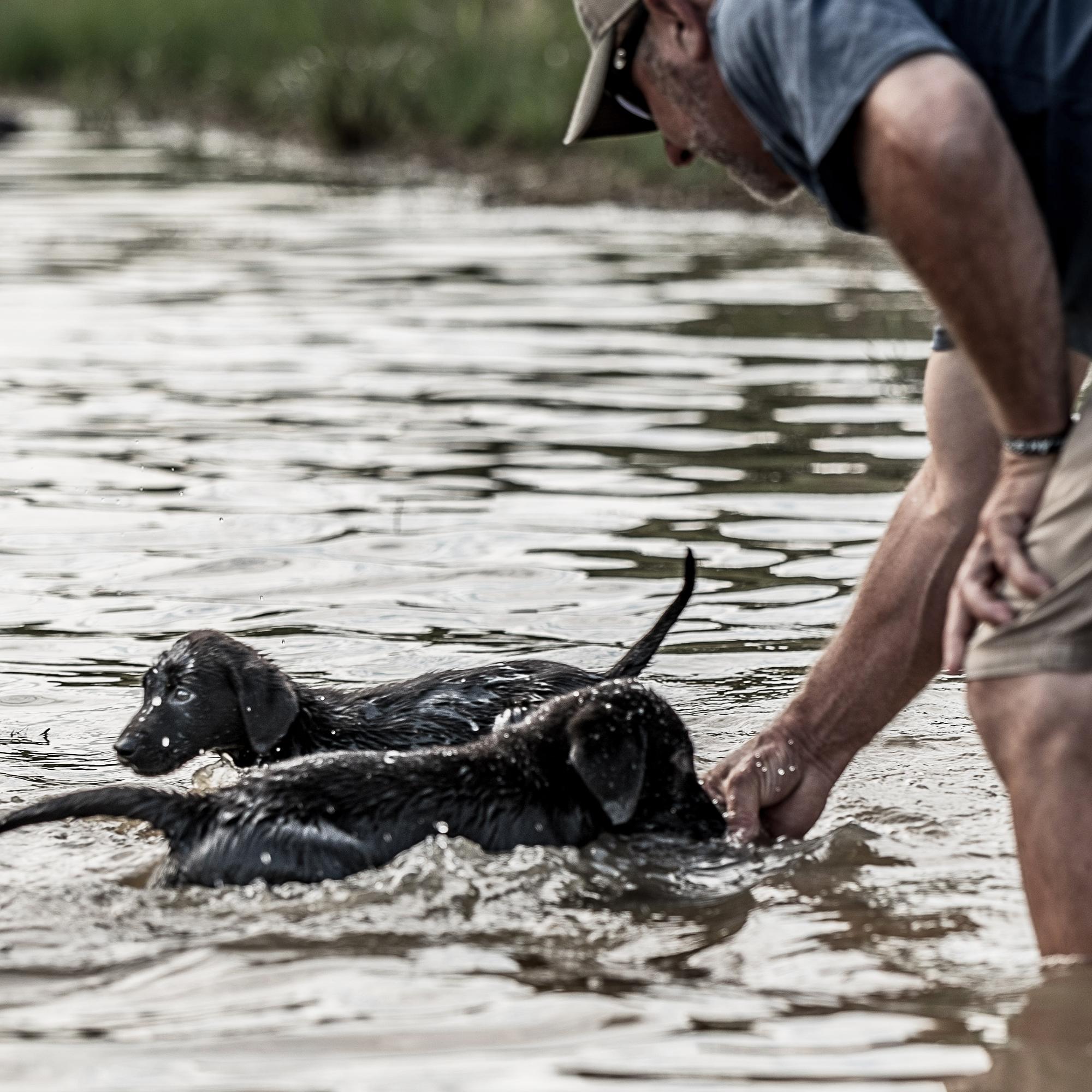
Where to Find a Dog with the Right Stuff - Part 2
by Charlie Jurney
In Part 1 of this article series, I discussed buying a puppy and considering pedigrees. Now we'll delve into the best breeder and how to choose the right litter. The most sensible way to find a well-bred puppy for yourself is by doing a great deal of research. Ask each breeder...
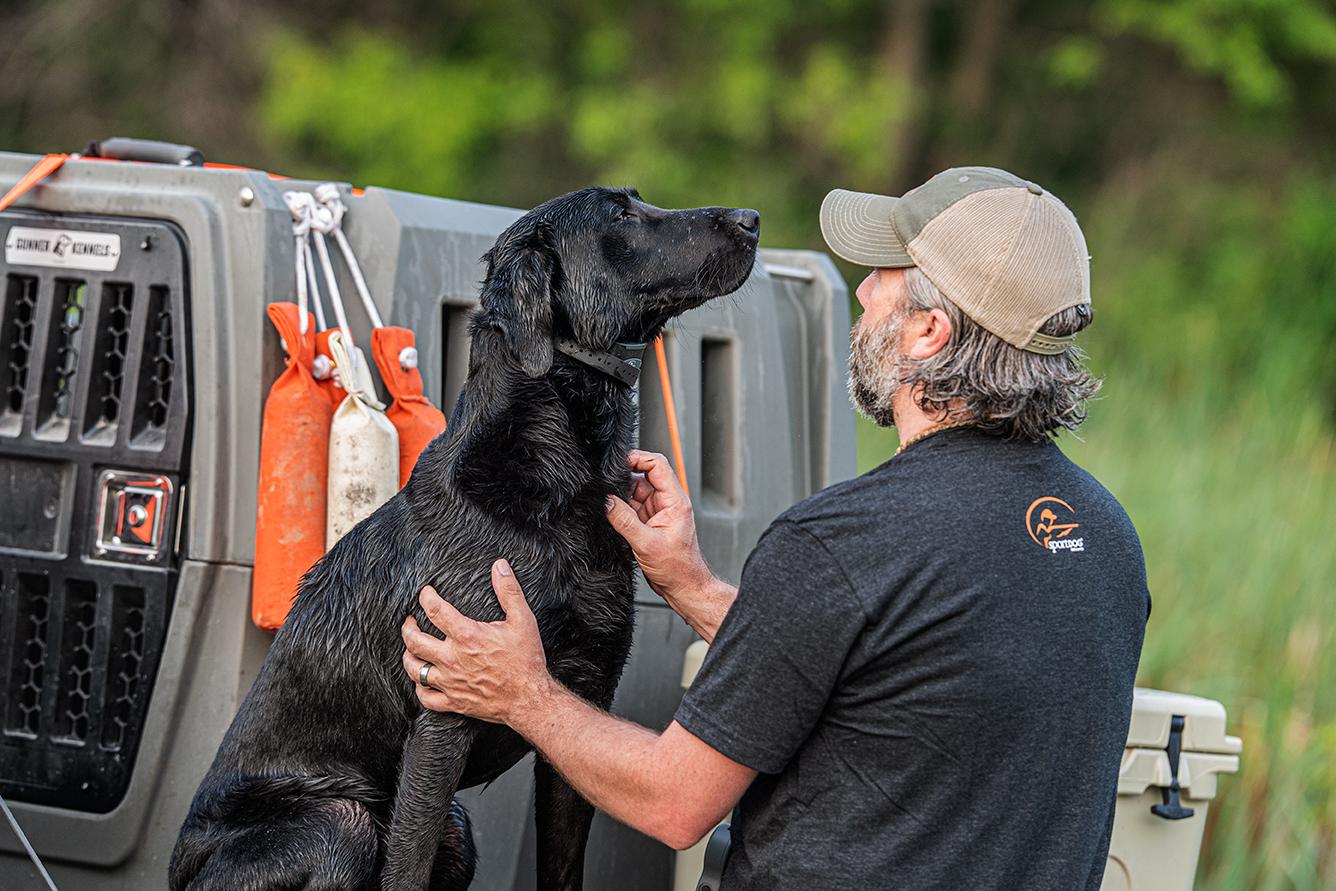
Where to Find a Dog with the Right Stuff - Part 3
by Charlie Jurney
I talked about getting the pick of the litter in Part 2 of this article series. Now you have to decide whether you want a started dog or a finished dog. So now you know what you’re looking for in a puppy, but what if you do not want to deal...
